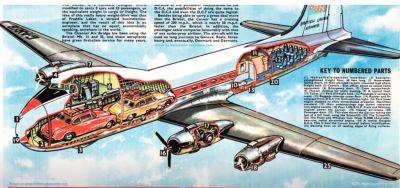UK speeding fines and penalties: what drivers need to know
Speeding fines are one of the most common motoring offences in the UK, with millions of fines issued every year.
That’s partly because our roads are becoming more digital, with an increasing number of roadside devices and cameras to check your speed. Gone are the days of the local police officer pointing a speed gun.
These days, motorists also have to contend with average speed contraflows littered along newly introduced smart motorways, which use AI-based cameras to catch drivers creeping over the limit.
Remember: speeding is an offence and you will be penalised if you get caught. You’ll need to pay a fine and will be landed with points that will go onto your licence.
But what else should you know about speeding fines? We’ve gathered all the information you need to know about speeding, why you should stick to the limit and what consequences await if you’re issued with a ticket.
What is a speeding fine?
A speeding fine is an offence caused by surpassing the speed limit. It’s a common offence in the UK, with over one million fines issued in 2022 alone. If you’re caught breaking the limit, setting off a speed camera or are spotted by a police van, you’ll be issued with a fixed penalty notice.
If the police directly stop you, you could be issued a verbal warning or they could give you a fixed penalty notice on the spot.
Speed cameras can be found almost anywhere, on roads with any labelled speed limit. Built-up areas in much of the UK have a speed limit of 30mph, but some areas, including London and much of Wales, are shifting to 20mph limits.
Single carriageways can have a speed limit of up to 60mph, while the national speed limit on motorways stands at 70mph. As the government says: “The speed limit is the absolute maximum — it does not mean it’s safe to drive at this speed in all conditions.”







